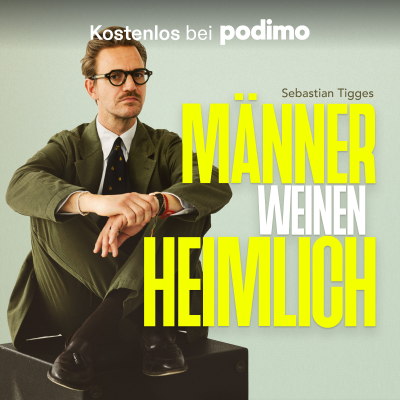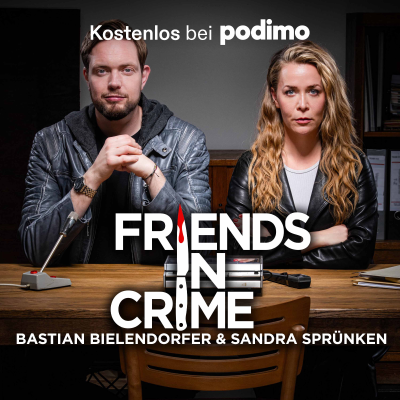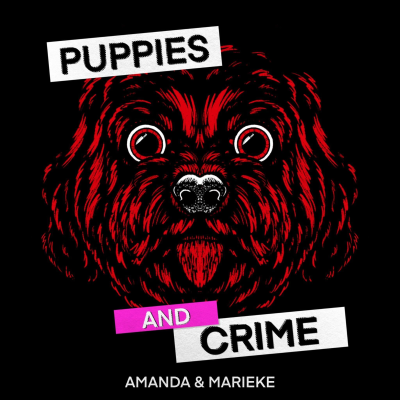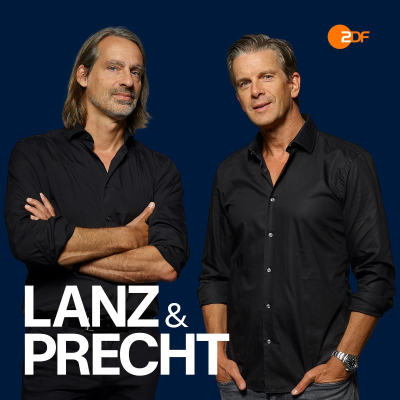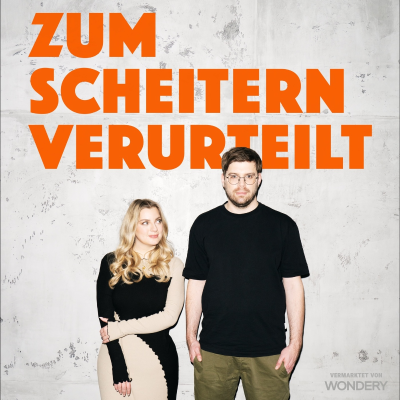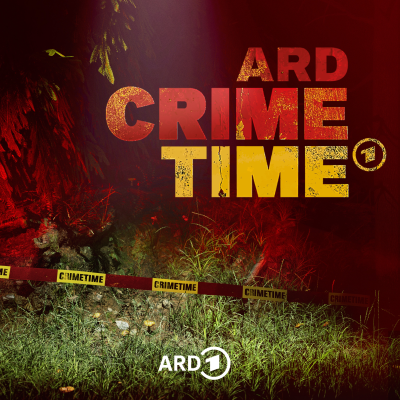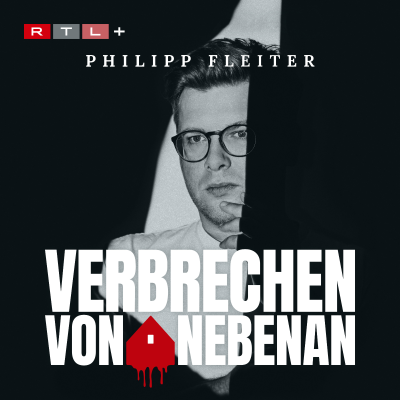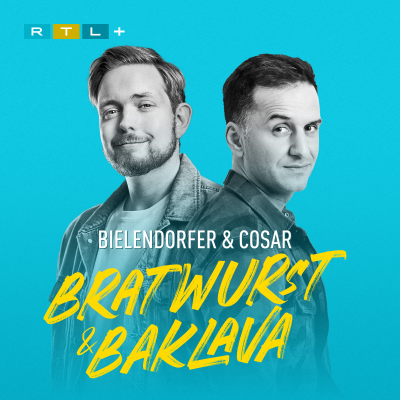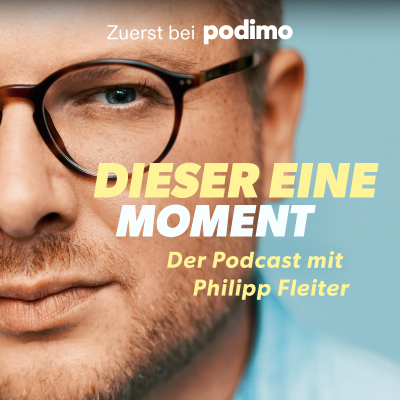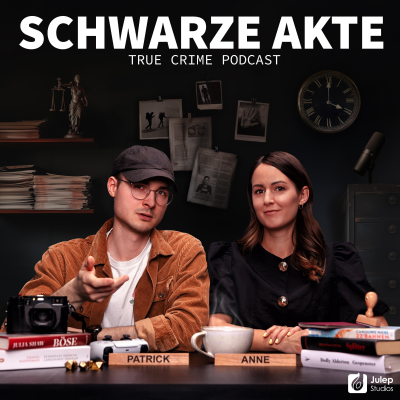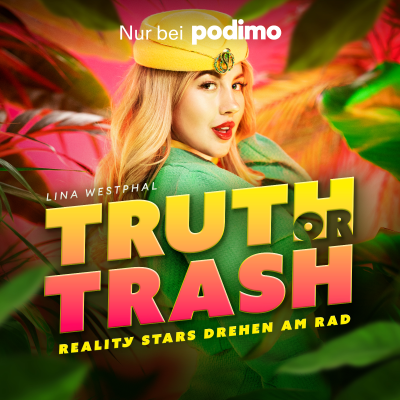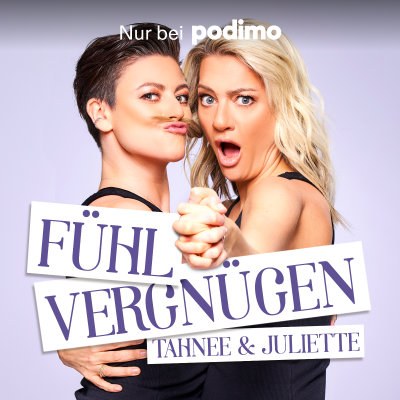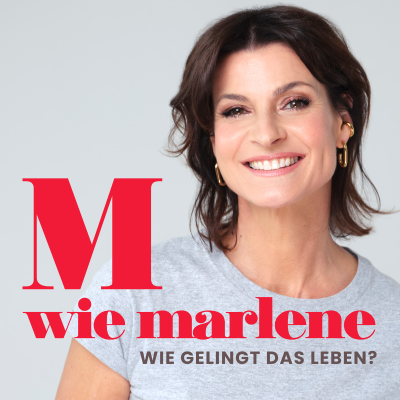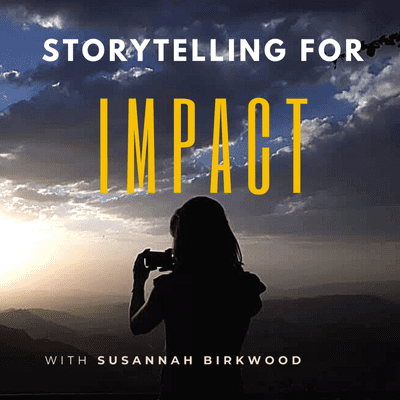
Storytelling for Impact
Podcast von Storytelling for Impact
Nimm diesen Podcast mit
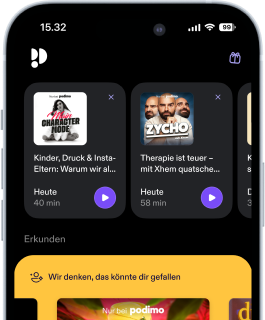
Mehr als 1 Million Hörer*innen
Du wirst Podimo lieben und damit bist du nicht allein
Mit 4,7 Sternen im App Store bewertet
Alle Folgen
10 Folgen“A lot of us get into this work with NGOs because we want to make a difference but there are times when NGOs are actually doing more harm and they’re not living up to their standard of being humanitarian.” This episode features Laura Elizabeth Pohl, a humanitarian photographer, filmmaker, writer and editor from the US living in Cape Town, South Africa. Laura prides herself on producing stories about issues like immigration, agriculture, healthcare access and economic and social justice in an ethical way with care and respect for the dignity of the people featured. Her work for international NGOs has taken her to more than 20 countries. Laura was previously an entertainment journalist and interviewed celebrities including Britney Spears, and Mary J. Blige, and also worked as a Dow Jones business reporter in Korea, before she transitioned into photojournalism. The founder and co-editor of NGO Storytelling, a website to inform and inspire humanitarian storytellers, Laura also hosts her own podcast, Creative + Moneywise, where she interviews other photographers about their real-life money stories and career paths. In this episode, we consider this question: should the people featured in NGO stories be paid? We discuss the pros and cons of offering individuals compensation for sharing stories which are used by organisations to raise funds or advance their advocacy goals. We also hear Laura’s reflections on some of the unethical behaviour she’s witnessed when gathering stories in countries across the world, such as when she was sent to interview a struggling family in the DRC – who were receiving no support from the international nonprofit that selected them. This episode contains useful tips as to how NGOs and their storytellers can help the people featured in their communications to feel more valued. Useful links: Check out Laura’s website [https://www.laurapohl.com/] Check out Laura’s podcast, Creative + Moneywise [https://www.creativeandmoneywise.com/] Check out the NGO Storytelling [https://www.ngostorytelling.com/] blog Check out Laura’s Medium post, A call for ethical standards in nonprofit humanitarian photography [https://medium.com/@laura_35718] Check out Oxfam's Ethical Content Guidelines Check out WaterAid's Ethical Image Policy [https://www.wateraid.org/uk/sites/g/files/jkxoof211/files/Ethical%20Image%20Policy.pdf] Connect with Storytelling for Impact: Visit the website: www.storytellingforimpact.net [http://www.storytellingforimpact.net/] Follow us on Instagram: https://www.instagram.com/storytellingforimpact/ [https://www.instagram.com/storytellingforimpact/] Follow Susannah Birkwood on Twitter: @Susannahbirkwoo Email: storytellingforimpactpodcast@gmail.com [storytellingforimpactpodcast@gmail.com]
This episode features Ed Davey, the head of rainforest investigations at the international NGO Global Witness, where he leads a team dedicated to exposing the destruction of the world’s most important rainforests. In 2018 he helped reveal how the world’s top three commodity traders were embroiled in one of the biggest corruption cases of all time. Previously he spent eight years specialising in undercover journalism at the BBC where his work was featured on programmes such as Panorama, Newsnight, and the national News at Six, as well as writing for publications including the New Statesman and the Mail on Sunday. At 38, he’s also the author of three novels – Foretold by Thunder, The Napoleon Complex and The Killing Gene – published under the name EM Davey. He has visited more than 60 countries and African countries feature in all his novels. In this episode, we chat about what it’s like to work in investigative journalism for an NGO, getting the low-down on how Global Witness carries out its campaigns focused on complex international corruption and environmental crime, and how the job differs to working for a media outlet. We also hear eye-opening stories from Ed’s career as a journalist going undercover to expose everything from unscrupulous building firms to unethical fertility clinics, and learn about his astonishing trip to Benin, West Africa, to make a BBC documentary about voodoo sorcery after a friend told him he’d seen a voodoo priest cut off his wife’s head and then reattach it… 1:32 becoming a published author 6:41 sharing a name with a famous politician 8:37 transitioning from the BBC to campaigning journalism 12:50 calling on companies to take action on deforestation 15:33 getting decision-makers to take action on findings 17:30 the inside track on Global Witness investigations 21:00 justifying long-haul flights as an environmental campaigner 24:18 going undercover 28:12 Ed’s most impactful investigation 30:07 evaluating the impact of investigations 35:47 risks in undercover operations 39:24 voodoo in Benin 44:44 tips for getting into campaigning journalism Useful links: Check out Ed’s website [https://emdavey.com/] Check out Ed’s novels [https://www.worldofbooks.com/en-gb/books/author/e-m-davey] Check out this Global Witness anti-corruption investigation [https://www.globalwitness.org/en/campaigns/corruption-and-money-laundering/friends-low-places/] Ed worked on Check out Ed’s BBC World Service documentary [https://www.bbc.co.uk/programmes/p04smw2y] on voodoo sorcery in Benin Check out this BBC undercover investigation [https://www.bbc.co.uk/news/uk-34575170] into building test centres Ed worked on Check out Ed’s BBC undercover investigation [https://www.bbc.co.uk/news/uk-england-london-25880354] into immigrant working conditions Connect with Storytelling for Impact: Visit the website: www.storytellingforimpact.net [http://www.storytellingforimpact.net] Follow us on Instagram: https://www.instagram.com/storytellingforimpact/ [https://www.instagram.com/storytellingforimpact/] Follow Susannah Birkwood on Twitter: @Susannahbirkwoo Email: storytellingforimpactpodcast@gmail.com [storytellingforimpactpodcast@gmail.com]
This episode features Sarika Bansal, a journalist and author based in Nairobi, Kenya. Sarika was the founder and editor in chief of BRIGHT magazine, an award-winning digital magazine that told fresh, solutions-oriented stories about social change. In June 2021, she published Bright magazine’s final project, Tread Brightly: Notes on Ethical Travel – a collection of essays which to gets to the heart of what it means to travel ethically.Sarika has written extensively about the impact the language we use to tell stories in the NGO sector can have on the policies and decisions people make about faraway people and places. She has been published by the New York Times, Al Jazeera, The Guardian and others, and developed curriculum and tools for journalists at the Solutions Journalism Network. In this episode, we discuss Sarika’s biggest bugbears when it comes to language use in the international NGO sector, scrutinising words and phrases such as "giving voice to the voiceless," “capacity building," “third world,” and “beneficiaries”. We also get her top tips on how to use language that empowers contributors and upholds their dignity, as well as delving into the moral quandary that is voluntourism and asking: Is there an ethical way for a young, privileged person to spend time in a poorer community? How might they channel their good intentions in genuinely useful ways?Useful links: Check out Sarika’s book Tread Brightly [https://www.treadbrightlybook.com/]: Notes on Ethical Travel Check out Sarika’s New Humanitarian op ed on voluntourism [https://www.thenewhumanitarian.org/2021/06/14/travel-opens-again-aid-voluntourism-needs-get-real] Listen to Sarika’s podcast Made in Africa [https://drivingchange.org/introducing-driving-change-made-in-africa/] Check out Sarika's article 17 Development Clichés I'll be avoiding in 2017 [https://brightthemag.com/17-development-clich%C3%A9s-ill-be-avoiding-in-2017-46c2345a507f] Check out Sarika's article Cockroaches, Demons, Pregnant Bellies: This is the Language of Dehumanization [https://brightthemag.com/cockroaches-demons-pregnant-bellies-language-dehumanization-racism-animals-sexism-75ead6aace6e] Check out this report [https://dignifiedstorytelling.com/consultation-6/] on the language of dignified storytelling Check out Bond's guide to taking British politics and colonialism out of our language [https://www.bond.org.uk/sites/default/files/resource-documents/bond_language_guide_v2.pdf]
This episode features Thin Lei Win, an award-winning Burmese climate change, food security and humanitarian correspondent living in Italy. Thin recently went freelance after nearly 13 years reporting for the Thomson Reuters Foundation, the non-profit arm of the Thomson Reuters global news agency. Born and raised in Yangon, Myanmar, she is also the founder and former chief correspondent of bilingual news agency Myanmar Now and co-founder of the non-profit storytelling project The Kite Tales, a unique storytelling and preservation project chronicling the lives and histories of ordinary people across Myanmar. We discuss whether the foreign correspondent model is due a reckoning following a recent reporting trip by CNN International to Myanmar to cover the country’s recent military coup. The media outlet was widely criticised for the trip, with many accusing it of downplaying the role played by local journalists and for causing harm as 11 local sources were arrested after speaking to CNN’s reporter. Useful links Check out this Vice article: How CNN’s Myanmar Trip Started a Debate Over Parachute Journalism [https://www.vice.com/en/article/xgzebk/cnn-myanmar-clarissa-ward-parachute-journalism] Check out Thin’s storytelling project The Kite Tales [https://www.kite-tales.org/en] Check out Myanmar Now [https://www.myanmar-now.org/en] Sign up to Thin’s newsletter [https://news.thin-ink.net/] about food systems and climate change Follow Thin on Twitter [https://twitter.com/thinink]
In this bite-size bonus episode of Storytelling for Impact, Iain Overton offers his top tips on becoming an investigative journalist and foreign correspondent. Iain Overton is a multi-award-winning investigative journalist based in the UK who has worked in over 80 countries around the world unearthing hard truths about human rights and gun violence. Iain was the founding editor of the Bureau of Investigative Journalism where he worked with WikiLeaks founder Julian Assange to uncover the Iraq war logs. His films have been broadcast by the likes of the BBC, Al Jazeera and ITN and he has worked with The Guardian, Independent, The Daily Telegraph, and The Sunday Times. He is now Executive Director of the charity Action on Armed Violence as well as a lecturer in human rights investigations at the UK’s Birkbeck and City universities and the author of two books Links: * Volunteer at Action on Armed Violence [https://aoav.org.uk/volunteer/] * Follow All the Citizens on Twitter [https://twitter.com/allthecitizens] * Investigative Journalism MA at City University [https://www.city.ac.uk/prospective-students/courses/postgraduate/investigative-journalism] * Investigative Reporting MA at Birkbeck University [https://www.bbk.ac.uk/study/2021/postgraduate/programmes/TMAINVGR_C/]
